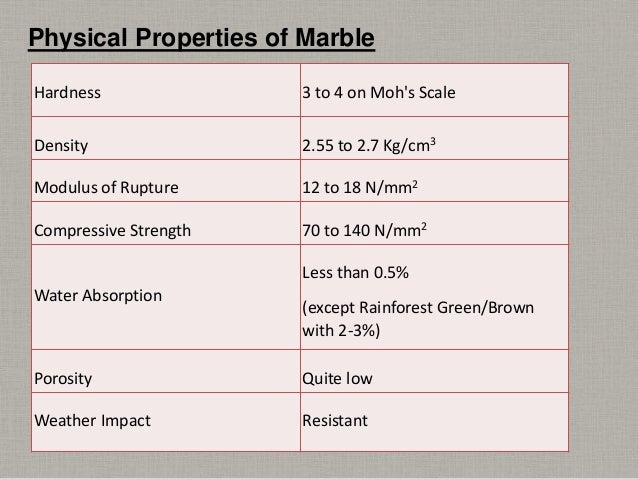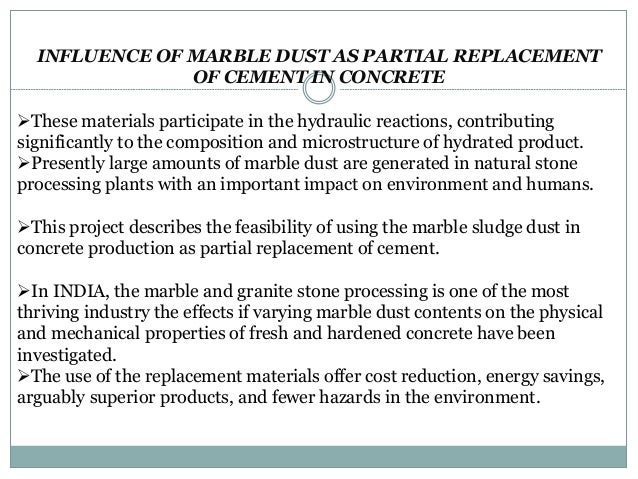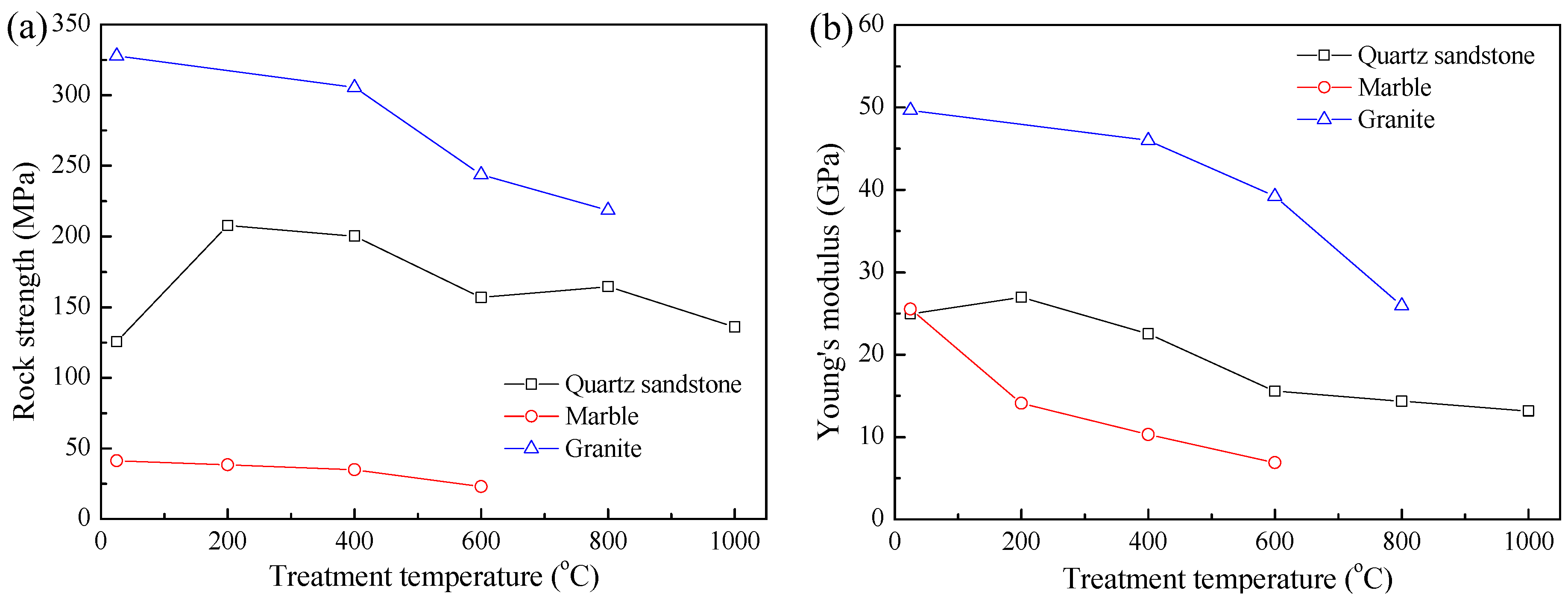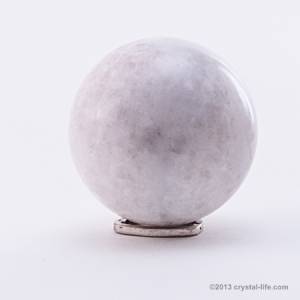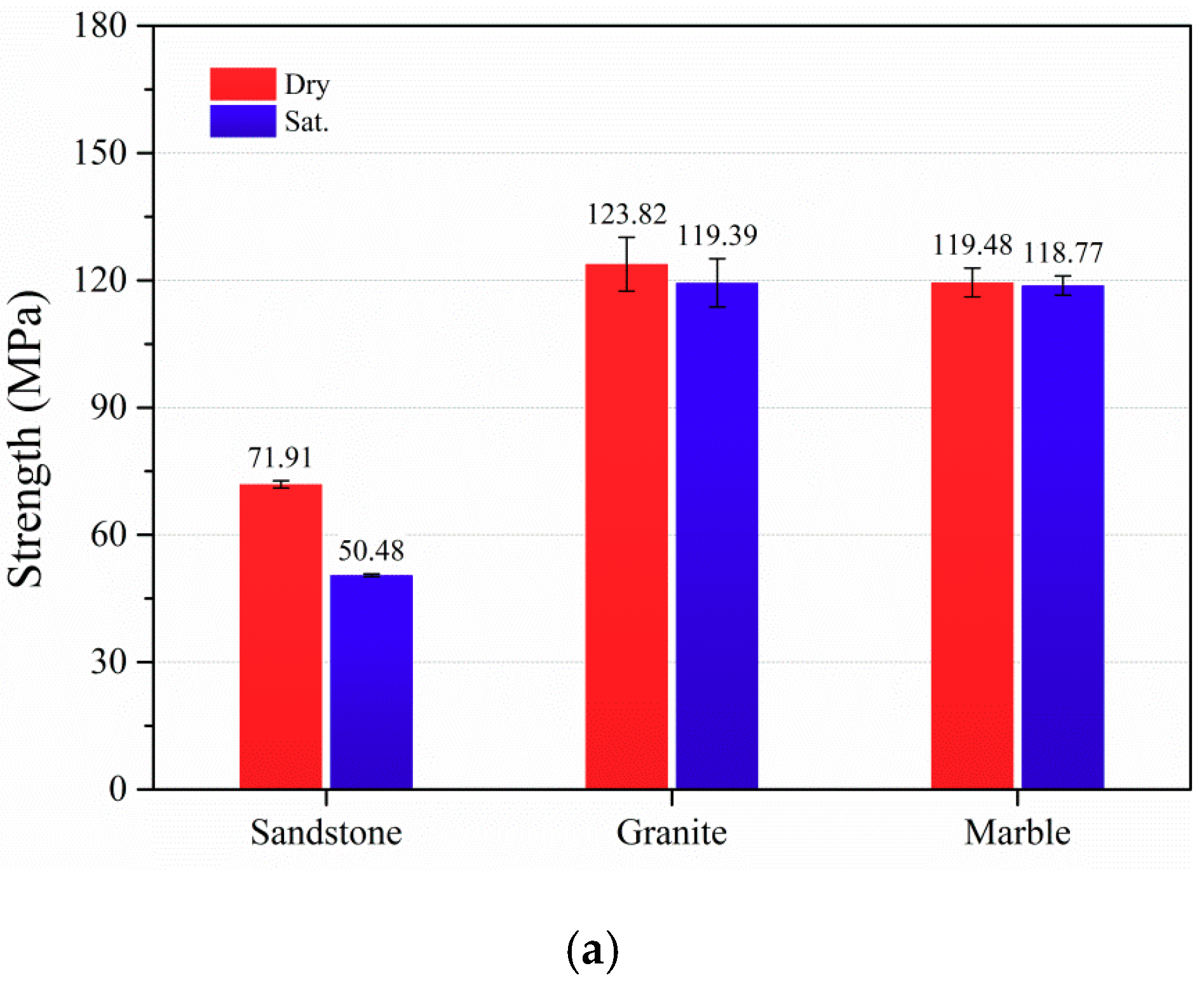Resistance to abrasion which is a function of cohesion between grains as well as the hardness of the component minerals is important for floor and stair treads.
Marble physical characteristics.
Marble marble uses.
Marble is a type of metamorphic rock formed from limestone.
Accessory minerals of marble.
Diopside tremolite actinolite dolomite.
Most common causes of fire in home from the above properties of marble it seems that marble is a good option for any surface it is an ideal natural stone because of its durability long life resistance to weather cycles and required less maintenance.
In its pure form marble is a white stone with a crystalline and sugary appearance consisting of calcium carbonate caco 3 usually marble contains other minerals including quartz graphite pyrite and iron oxides these minerals can give marble a pink brown gray green or variegated coloration.
Because marble is a porous natural stone use only an approved cleaning process to avoid damaging the marble surface.
Crushed stone is.
The physical properties of marble depend on its formation.
Marble is not only porous it is also softer especially when compared to granite.
Marble occurs in large deposits that can be hundreds of feet thick and geographically extensive.
Colour and appearance are their most important qualities.
Most marble is made into either crushed stone or dimension stone.
Rocks with hardness 1 3 are soft rocks from 3 6 are.
It consists chiefly of calcite or dolomite or a combination of these carbonate minerals.
Major minerals of marble.
Marble is found in many countries including belgium france great britain greece india italy and.
Marble is a rock widely used in buildings monuments and sculptures.
This allows it to be economically mined on a large scale with some mines and quarries producing millions of tons per year.
Hardness and strength of marble.
Marble is a stone with a firm crystalline structure and slight porosity.
Rocks are rated on the on the moh s hardness scale which rates the rocks on the scale from 1 to 10.
Physical origins of marble.
Physical properties of rocks play an important role in determining its applications in various fields.
Therefore marble is found to be a fire resistant natural stone.
Marble is a metamorphic rock composed of recrystallized carbonate minerals most commonly calcite or dolomite marble is typically not foliated although there are exceptions in geology the term marble refers to metamorphosed limestone but its use in stonemasonry more broadly encompasses unmetamorphosed limestone.
Physical properties and uses of marble.
Marble hardness ranges from 3 to 4 on mohs hardness scale while granite is at 6 to 7.
Marble is commonly used for sculpture and as a building material.
Due to its structure marble can be polished to improve its shine and is thus a common and attractive stone for building applications.
Marbles are used principally for buildings and monuments interior decoration statuary table tops and novelties.
The restricted marble porosity mainly when refined makes it less susceptible to water damage.
Marble is a rock on account of metamorphism of sedimentary carbonate rocks maximum normally limestone or dolomite rock.
The marble is not considered flammable.


